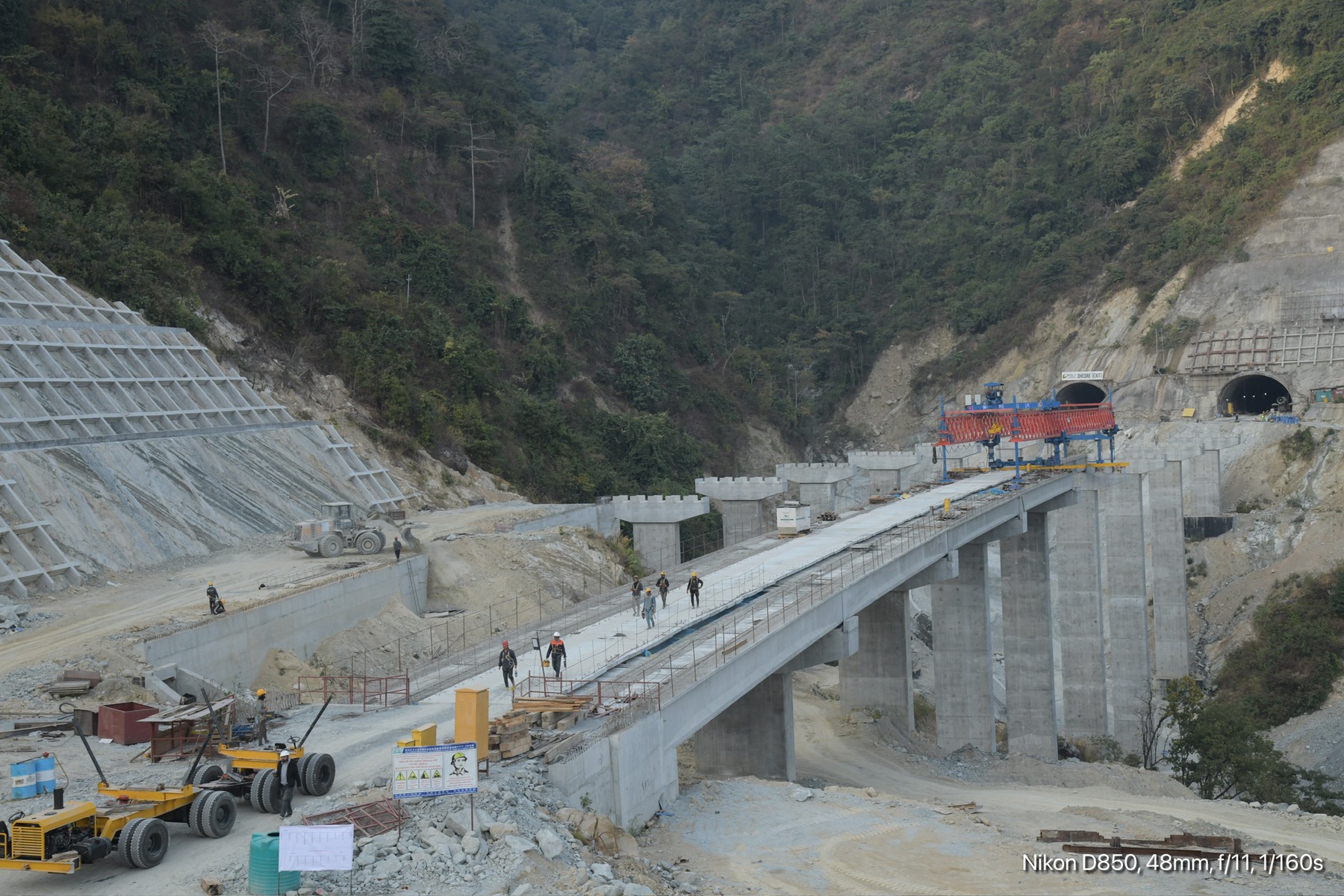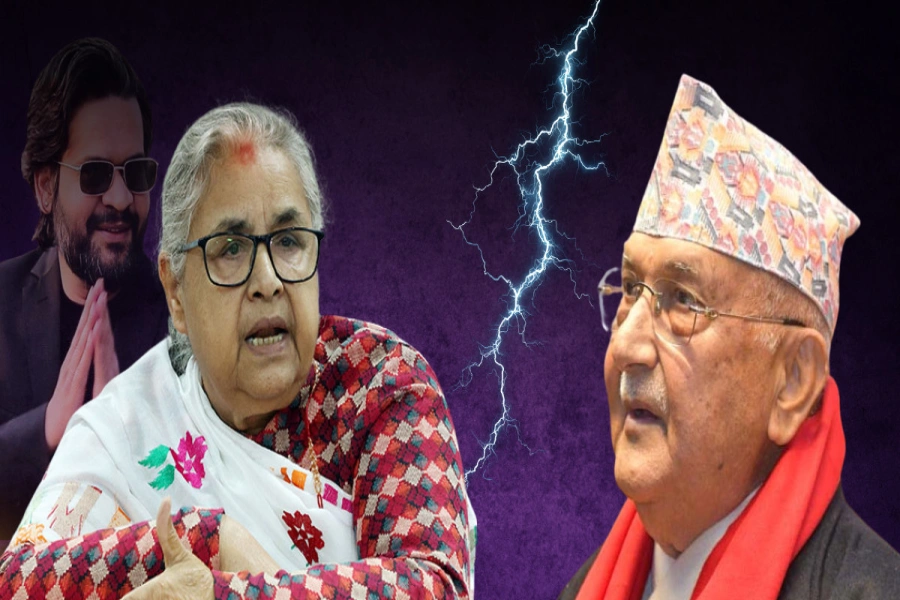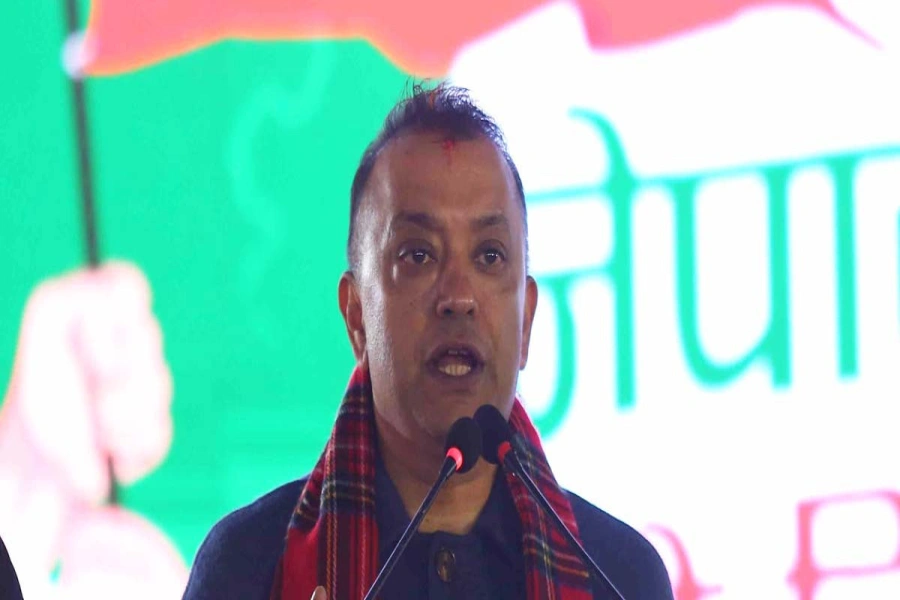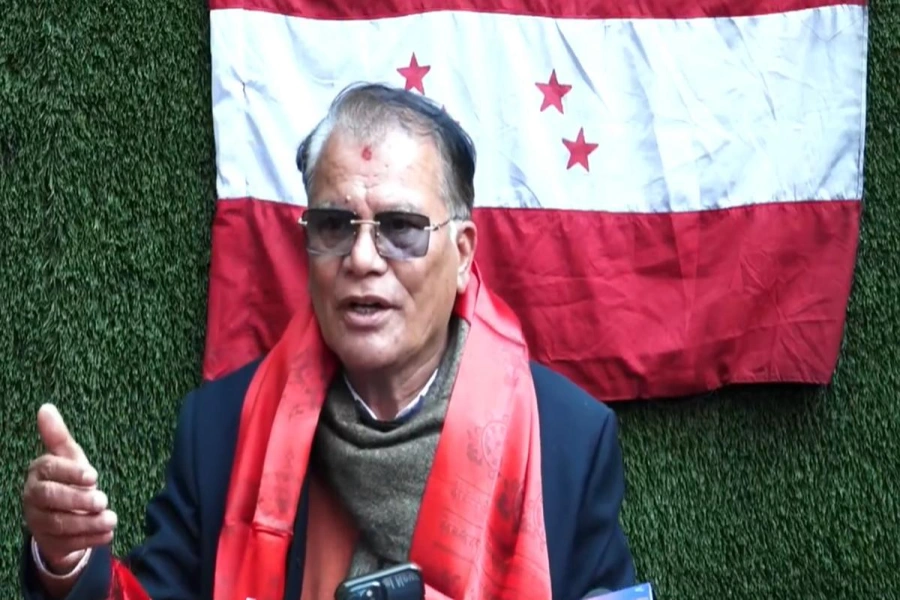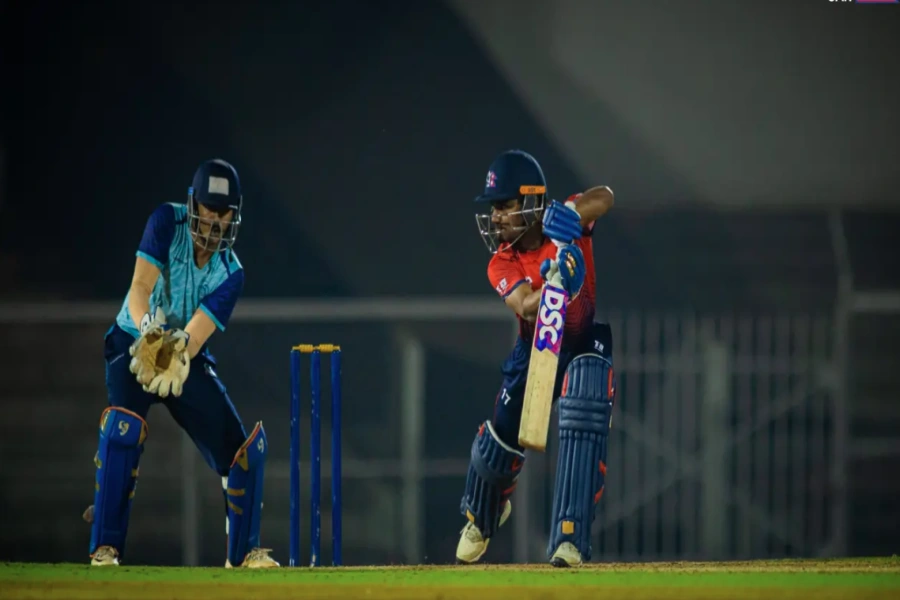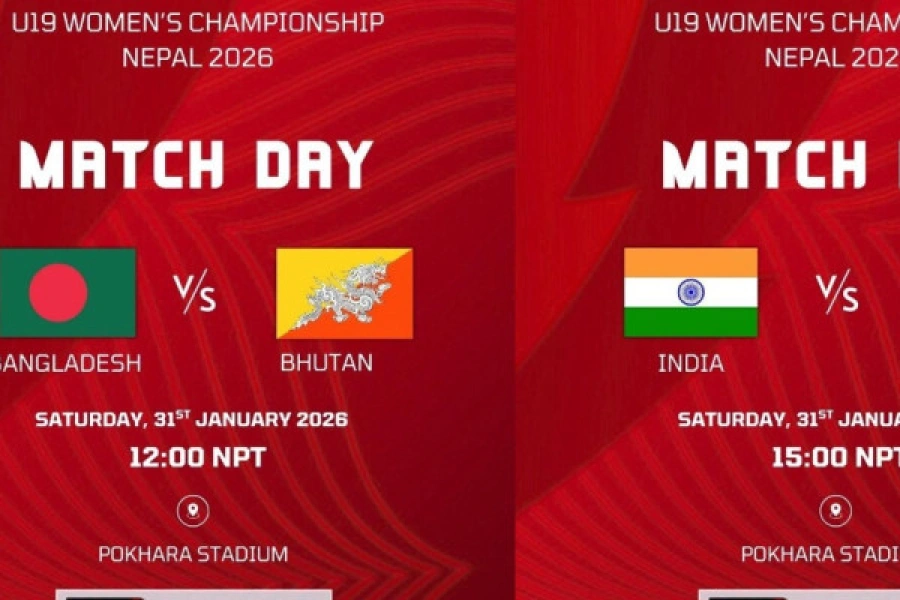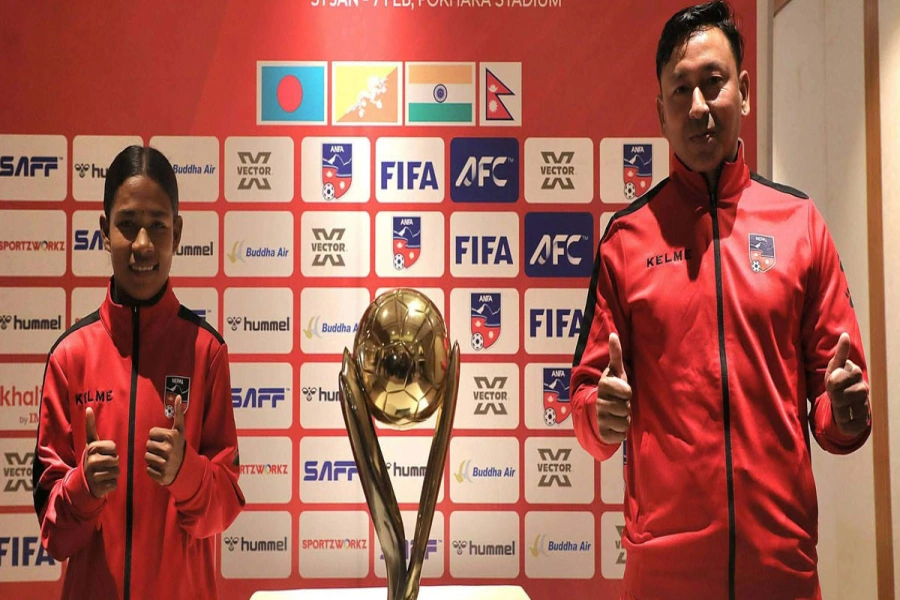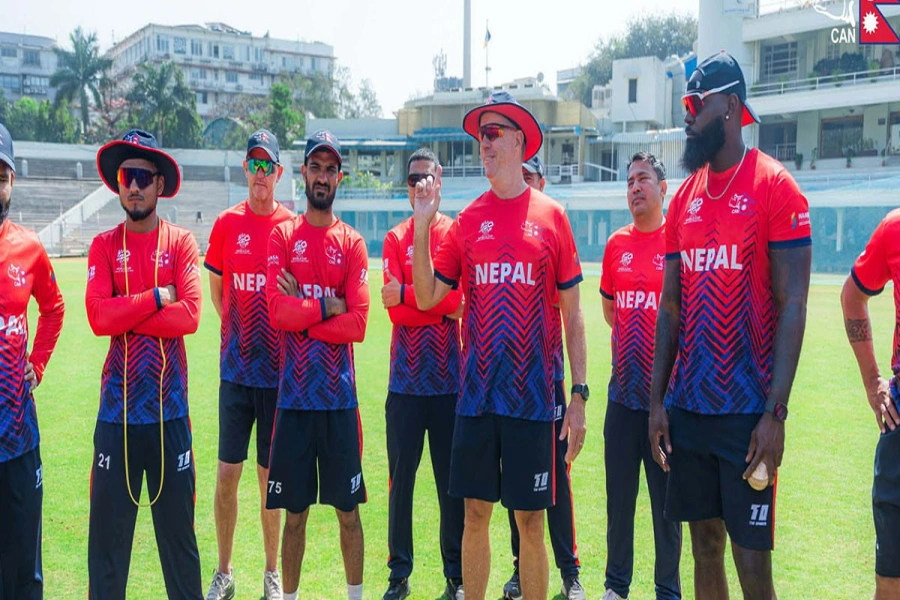In the heart of Nepal's strategic infrastructure development lies the Kathmandu-Tarai Expressway, a project deemed critical for enhancing connectivity between the federal capital and the southern plain districts. However, as progress inches forward at a sluggish pace, a troubling blame game has unfolded between lawmakers and the Nepalese Army, further impeding the completion of this national pride project. The responsibility for this delay is being tossed like a hot potato. The Nepalese Army, tasked with construction management, has pointed fingers at existing legislation and cited India's reluctance to provide explosives as major roadblocks. Conversely, lawmakers have shifted blame back to the army, underscoring the urgency of resolving bureaucratic hurdles and meeting the project's deadline. During the meeting of the State Affairs and Good Governance Committee under the House of Representatives (HoR) on Wednesday, Chief of Army Staff (CoAS) General Prabhuram Sharma faced a barrage of questions from the lawmakers in the committee. In response, Sharma highlighted the inadequacy of current laws, emphasizing the need for amendments to the Land Acquisition Act and Forest Act. He stressed that environmental protection laws, once beneficial, are now hindering development and construction.
PM Karki inspects under-construction Kathmandu–Terai Expressway
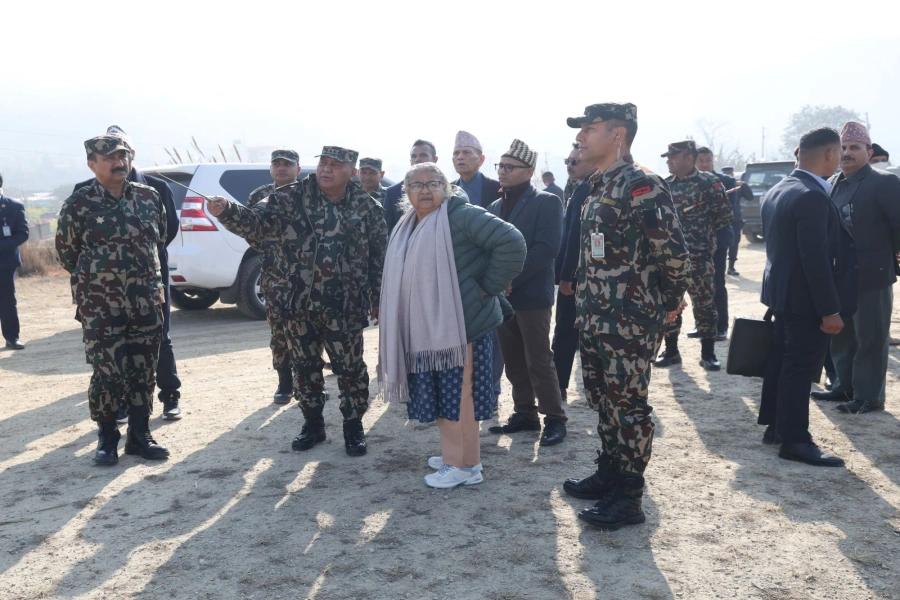
The Kathmandu-Tarai Fast Track is not merely about a road; it is about connecting the nation, fostering development, and demonstrating the effectiveness of governance. Now is the time for both sides to rise above rhetoric and work hand in hand for the collective benefit of Nepal. As things stand now, General Sharma's plea for legislative amendments holds weight, especially concerning land acquisition and tree cutting. The challenges presented, including the ongoing land dispute in Khokana and proposed changes to the Nijgadh International Airport interchange design, demand swift resolution for the expressway's progress. Lawmakers, on the other hand, have a responsibility to address these legal and bureaucratic bottlenecks promptly. The call for amendments is a constructive suggestion, not an indictment. In light of these facts, fast-tracking legislation for the expressway is as crucial as constructing the physical road. During the meeting, lawmakers also raised concerns about financial transparency concerning the development of the fast-track project. The Nepalese Army's claim that financial progress stands at 29.44 percent raises eyebrows. As representatives question the allocation of the Rs 22 billion budget and the delays in resolving the Khokana dispute, a call for accountability and transparency becomes paramount. The national army must come clean on this.
The parliamentary panel's directive to the army to complete the expressway within the given deadline is a step in the right direction. However, it should be accompanied by a commitment from both sides to work collaboratively, transcending blame games and bureaucratic red tape. To expedite the project, the committee's decision to engage with the prime minister, deputy prime minister, and ministers of related portfolios is commendable. Such high-level discussions can streamline decision-making, ensuring that all concerned ministries work in tandem to overcome obstacles. The committee's call for setting deadlines for supplementary environmental impact assessments and facilitating tree felling and land acquisition demonstrates a commitment to resolving the project's challenges. Simultaneously, it places responsibility on various ministries to provide timely support to national pride projects. As we navigate the complexities of the Kathmandu-Tarai Expressway construction, it is imperative for lawmakers and the Nepalese Army to adopt a collaborative mindset. Transparent communication, legislative amendments, and swift bureaucratic action are the building blocks of success in completing this strategically significant project.








